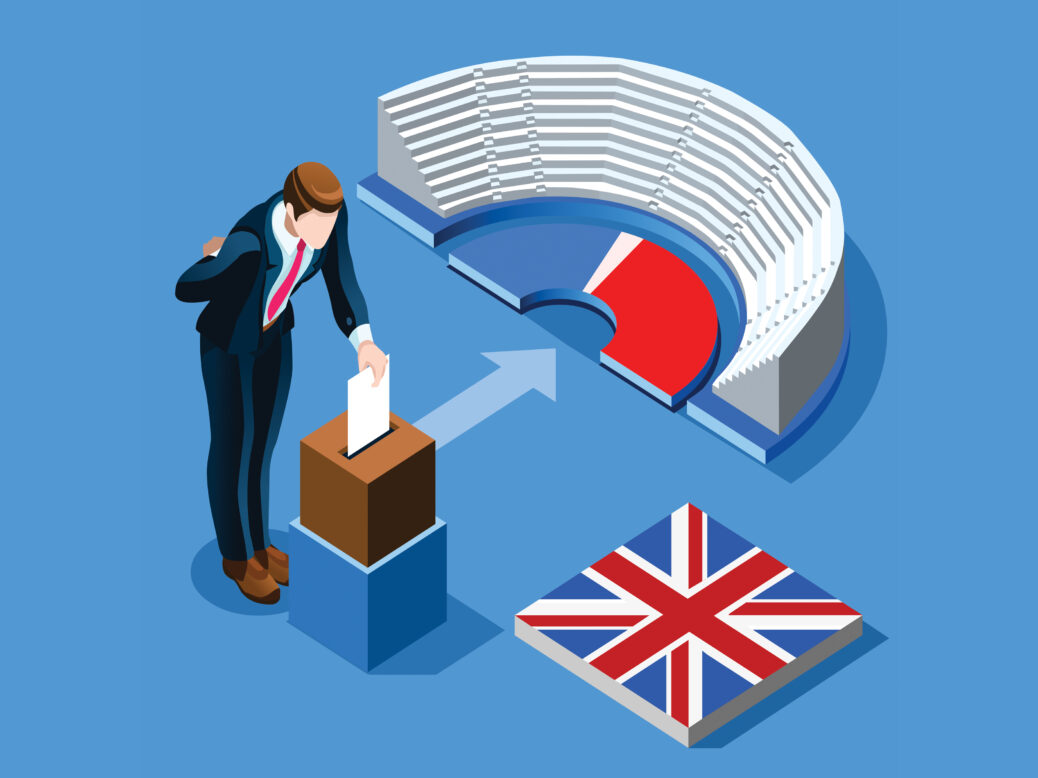
The day the polls turned? A series of surveys taken around or since the government’s announcement of tax rises have shown that the Conservatives’ lead is falling, or, in the case of YouGov, being wiped out entirely.
Does it matter? Well, it matters about as much as any of the following: Donald Trump’s poll lead in January 2020, when a booming economy looked set to gift him re-election; the Israeli political party Likud’s poll lead during the early days of the Covid-19 pandemic, when the government’s handling of the crisis appeared to have allowed Benjamin Netanyahu to make yet another political comeback; or the comfortable poll lead Justin Trudeau had when he called a snap election a little under a month ago. Or, closer to home, it matters about as much as the dead heat between Labour and the Conservatives in England in December 2020, or the weak position of the Welsh Labour Party at the start of the devolved election.
Polls make good copy on quiet days, but outside of election time, they mean very little. What really matters is how the leaders of the various parties are perceived, whether the parties are trusted on the issues that matter to people, and crucially, how the government is doing on the difficult question of tackling those issues.
The Labour leadership feels boosted, not so much by the polls, but because it thinks that Boris Johnson has set his government a series of challenges – levelling up, fixing social care, tackling the climate crisis – that he ultimately won’t be able to meet, while systematically defanging many of the Conservatives’ most potent attack lines on cutting taxes. That’s not an unreasonable argument and the sense of increased optimism in Labour isn’t all misplaced.
In Downing Street, however, they feel boosted because while Keir Starmer’s approval ratings are improving, Johnson’s ratings amongst Conservative voters are still strong (while in the wider Tory world, that Rishi Sunak continues to be the most popular politician in the country means they have one hell of a back-up). That’s not an unreasonable argument, and the sense in Downing Street that Johnson could remain in office for a further decade isn’t all wrong either.
As both parties enter the conference season, the most important lesson in the polls is that neither side has delivered a knockout blow: and nor will they until the next general election actually happens in circumstances that we can’t yet predict and which may be wildly different from what either Johnson or Starmer expect.
[See also: Labour’s lost future: the inside story of a 20-year collapse]






